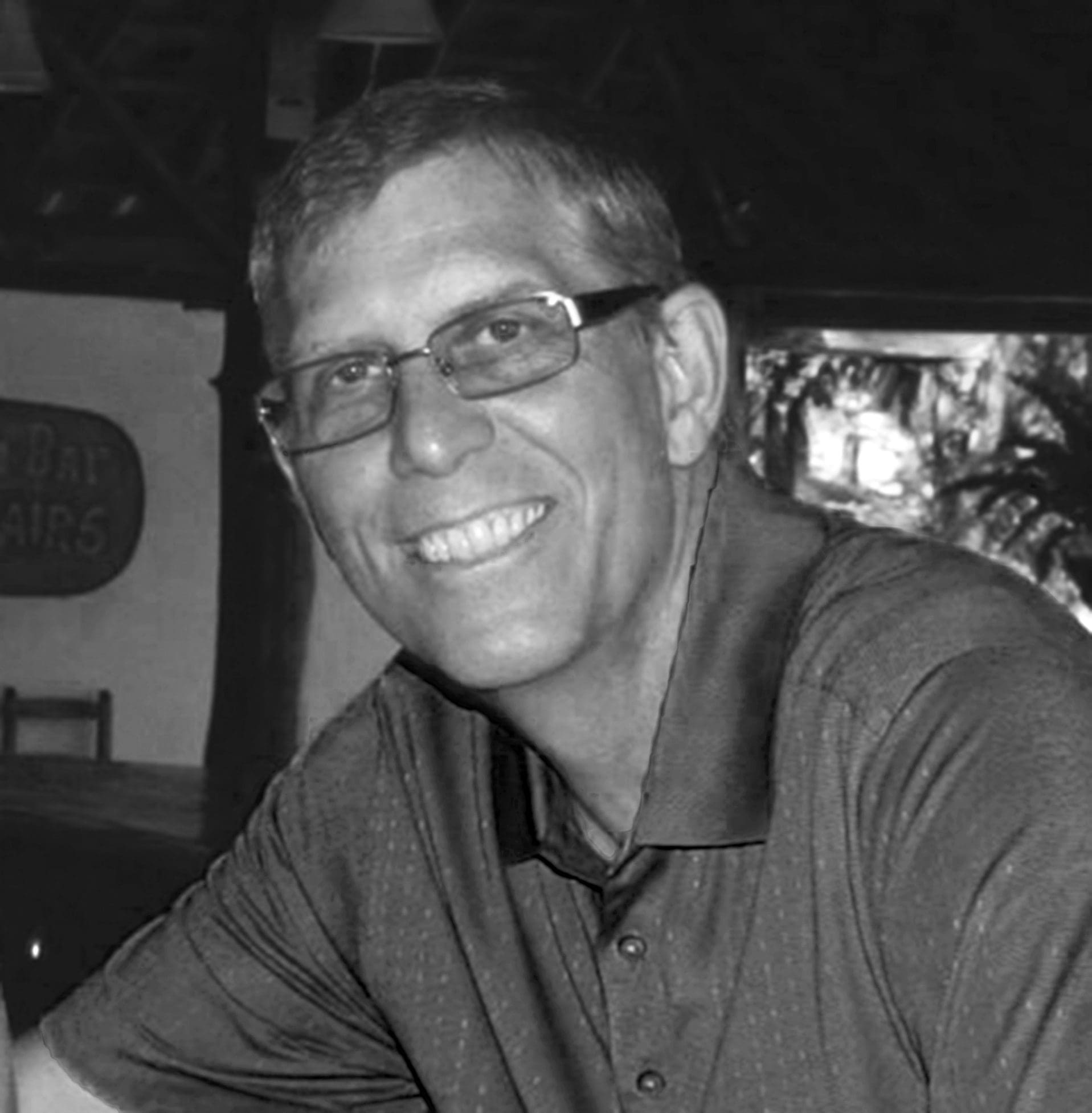
Are YOU ID?
Inclusive Means Action, Not Just Acceptance
When Howler readers were introduced to this new WE are ID section last month, I explained that the “I” stands for inclusion, and of course, “D” stands for diversity. Watching what has transpired in the north during recent weeks has added a lot more perspective on the ways people are treated and included.
Listening to so many interviews I’ve heard the word “integration” used exclusively. Integration needs to happen. Yet it’s sad that integration must be sought after. For integration-seeking protest groups to now encompass the globe demonstrates how vitally important the issue is worldwide.
As a sensitive topic, integration needs to be carefully broached. First, we must listen to what is being said. We then need to seek understanding and acknowledgment before making progressive, meaningful changes. Yes COVID-19 has certainly caused changes. For better or worse, it has affected all of us in various ways. We can either adjust and be productive as we venture out once again, or remain the same as the changed world passes us by.
A very common human response is to ignore problems and think that by not addressing them they will heal themselves or just go away. Throughout time, we have ignored the pleas of marginalized people and are now facing the consequences of our complacency. We have been faced with these issues for generations, as mere baby steps forward are counteracted by events that push things back.
Acceptance of diversity in itself is not enough. We all know that action needs to be taken. People of color are not always protected under the same laws that are supposed to protect human rights equally. Women in the workplace are being treated unfairly and paid unequally. Accommodations for people with disabilities are being overlooked and members of LGBTQ populations shunned.
We do see many promising examples of significant changes that occur when organizations take stances to be integrative and inclusive of diversity. Some will be featured in this magazine section. But these kinds of changes need to be much more wide-sweeping and made more quickly.
So in Howler’s WE are ID section, we also ask this question: Are YOU ID?
We have been faced with these issues for generations.
As a white straight male, I am less vulnerable than others to being targeted by demeaning or harmful actions. Not having to look over my shoulders and hear hurtful comments or see glances of disgust is the norm for me. It is the norm that I grew up in. But that is not the case for many of my friends. Being subjected to exclusive treatment does not go away just because you received an education. I have witnessed many instances of ill treatment for ignorant and unjustified reasons.
With sadness, I recall losing track of a friend I had grown up with. It was not for lack of trying but because of a long-held secret he did not want to confide. Then one day he called, and with a shaking voice, said there was something he needed to tell me: he was gay. When I asked why he didn’t tell me this before, he said he had thought I would not be his friend.
I laughed and assured him, “Hey, I have known all along that you were gay and that has not stopped me from being your friend.”
Then my friend proceeded to tell me he had AIDS. I, of course, was very sad that he had waited more than eight years to discuss this with me. He passed away a couple of years later. But to this day I consider him one of my closest and dearest friends. I look back with regret about the time wasted by him not calling me.
We need to get the hatred out of our lives and accept the world for what it offers. It is a beautiful world that can be better for all. I want changes to make it so.
